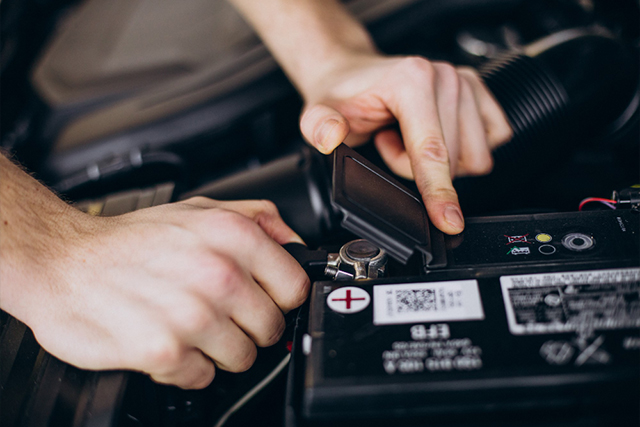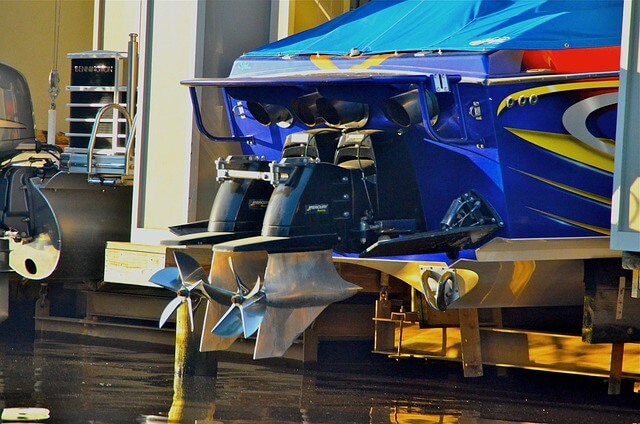Taking care of your boat’s batteries is essential to ensure a trouble-free experience on the water. Proper maintenance not only prolongs the life of your batteries but also helps prevent electrical issues that could leave you stranded. Here are some simple tips for keeping your marine battery in top condition.
1. Regular Inspection
Regularly inspect your boat batteries for any signs of damage or wear. Look for cracks in the casing, and corrosion on the terminals, and ensure that the cables are secure and free from fraying. Early detection of issues can save you from bigger problems down the line.
2. Keep Batteries Clean
Dirt and grime can cause corrosion and reduce the efficiency of your batteries. Clean the battery terminals and connections regularly with baking soda and water. Use a wire brush to scrub away any corrosion gently. After cleaning, rinse with fresh water and dry thoroughly.
3. Check Fluid Levels
If you have lead-acid batteries, it’s crucial to check the fluid levels regularly. Ensure the plates inside the battery are covered with electrolyte fluid. If levels are low, top up with distilled water. Never use tap water, as it contains minerals that can damage the battery.
4. Proper Charging
Overcharging or undercharging can significantly reduce the lifespan of your boat batteries. Invest in a good quality marine battery charger that is compatible with your battery type. Follow the manufacturer’s instructions for charging and never leave your battery connected to the charger for too long.
5. Avoid Deep Discharge
Try to avoid letting your batteries discharge completely. Deep discharges can damage the battery and shorten its lifespan. Instead, aim to recharge your batteries when they reach about 50% of their capacity.
6. Secure Your Batteries
Ensure that your batteries are properly secured in their compartments. Movement and vibrations can cause damage to the battery and connections. Use battery trays and straps to keep them in place.
7. Store Batteries Properly
If you store your boat during the off-season, take care of your batteries to ensure they’re ready for use when you need them. Fully charge the batteries before storing them in a cool, dry place. Disconnect the batteries from the boat to prevent any parasitic drain. Periodically check and recharge the batteries during the storage period.
8. Test Your Batteries
Regularly test your batteries to ensure they are holding a charge. You can use a multimeter to check the voltage. A fully charged lead-acid battery should read around 12.6 to 12.8 volts. If your battery voltage is consistently lower, it may be time for a replacement.
9. Use the Right Battery
Ensure you use the correct battery type for your boat’s needs. Marine batteries come in different types, such as starting, deep cycle, and dual-purpose batteries. Using the right battery for your application can prevent performance issues and extend the life of your battery.
10. Contact OS Marine Maintenance & Repair Services for Professional Help
If you’re experiencing issues with your boat’s electrical system or are unsure about the state of your batteries, it’s best to seek professional help. OS Marine Maintenance and Repair Services offers expert boat electrical repair in the Metro Vancouver area. Our skilled technicians can diagnose and fix any battery-related issues, ensuring your boat is always ready for the water. Contact us today.








